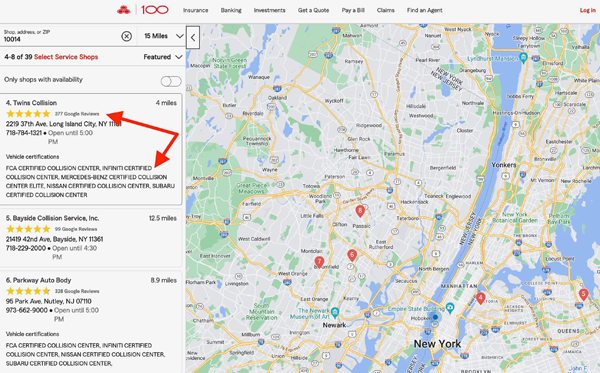When I was in Chicago recently, I had an opportunity to go to lunch with Nick Schoolcraft and Tina Biancalana from Phoenix Solutions Group, which offers marketing and strategic solutions for collision repair businesses.
One of the things they shared with me was the term “social proof.” Here’s what that is, and what it should mean to you and your business.
First, a definition. One source says “social proof” is a term coined back in 1984 by author Robert Cialdini in his book, “Influence.”
“This phenomenon is also called ‘informational social influence,’ and essentially it's the idea that people copy the actions of others in an attempt to emulate behavior in certain situations,” the definition states.
But what does that mean in our industry? Let me preface this by saying I in no way am claiming to be an expert on “social proof.” But as I did some research into it, I realized it fits with one of my key messages for this year: Change the way you compete. By understanding social proof, I think you can compete in a new way to gain market share.
That’s because consumers today have a “trust but verify” mentality. So just because an insurance company, automaker or dealership says, “This is a body shop we recommend,” that consumer is still going to seek out “social proof,” evidence that you can be trusted and that the referral to you is a good one.
So what can be used as “social proof”? Certainly, if a customer can see you’re engaged with your customers through social media, that offers them some proof you’re creating customers who feel good about their experience with your business. So "likes," "shares" and comments on your social media feeds is good “social proof.”
Then there’s “stamps,” things like accreditations and certifications. Is it easy for customers to find evidence of your training and certifications with clear explanations of what that means to them? Just saying your shop has earned I-CAR Gold Class Professional status isn’t enough: They need to know how and why that sets you apart.
Are you providing them links to where they can see the OEMs really are saying you are qualified and certified to repair their brand of vehicle?
“Social proof” also includes customer-generated content, like Google or Carwise reviews, that help potential customers follow the “wisdom of the crowd.” When I had my shops, I kept a list of Audi, BMW and Porsche owners whose vehicles we’d repaired and who gave us permission to share their contact information if someone wanted to speak with a “reference.” A lot of that type of social proof can now be done online through reviews and car club blogs, etc.
If you’re not convinced “social proof” is important in our industry, spend a couple minutes visiting a few websites. State Farm’s shop locator, for example, now includes customer reviews of the shops listed. Nissan’s certified shop locator now includes customer reviews of certified shops. Something I haven’t heard talked about much is CCC’s consumer-facing website, Carwise, now allows consumers to search for shops based on OEM certifications---more “social proof.”
I know many shops are so busy they may not be thinking as much about their marketing right now as they should. (Check out my column on “Pigs get fat and hogs get slaughtered.”) But you need to market when you’re busy so you stay busy even when other shops are not.
And as an industry, we need to understand the way customers think today. They are out there looking for evidence you can be trusted. Just saying it isn’t enough. You need to provide them with “social proof.”















Mike Anderson